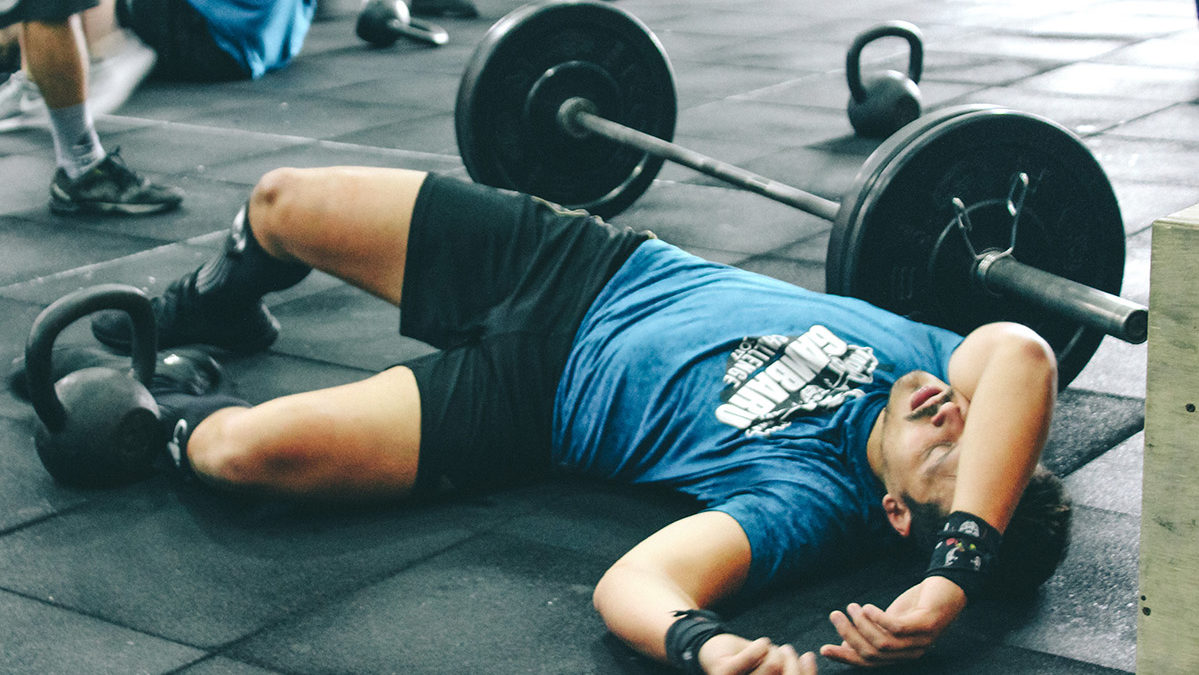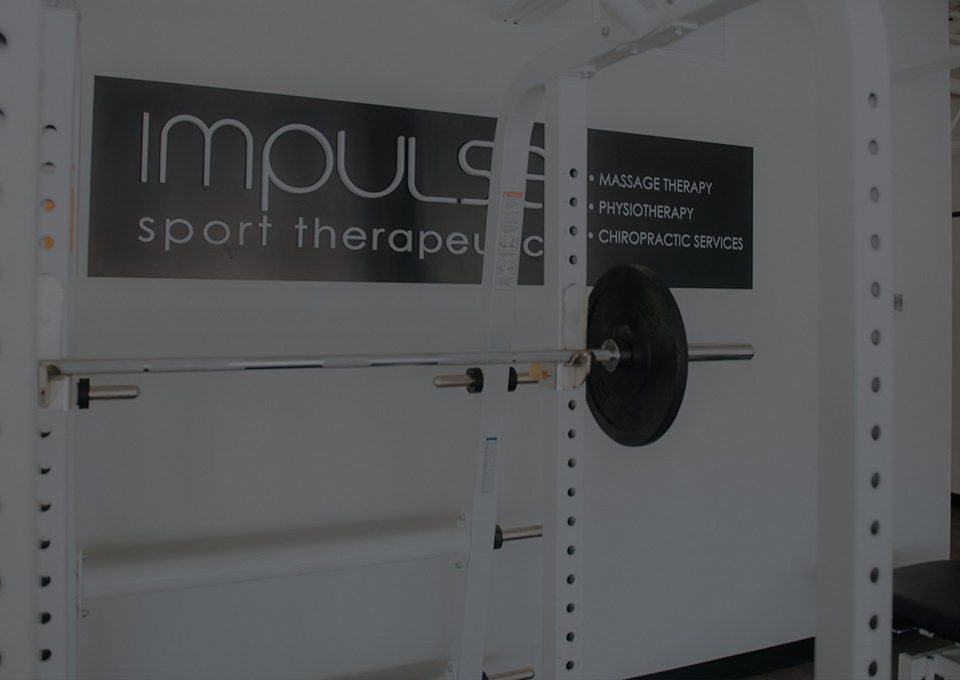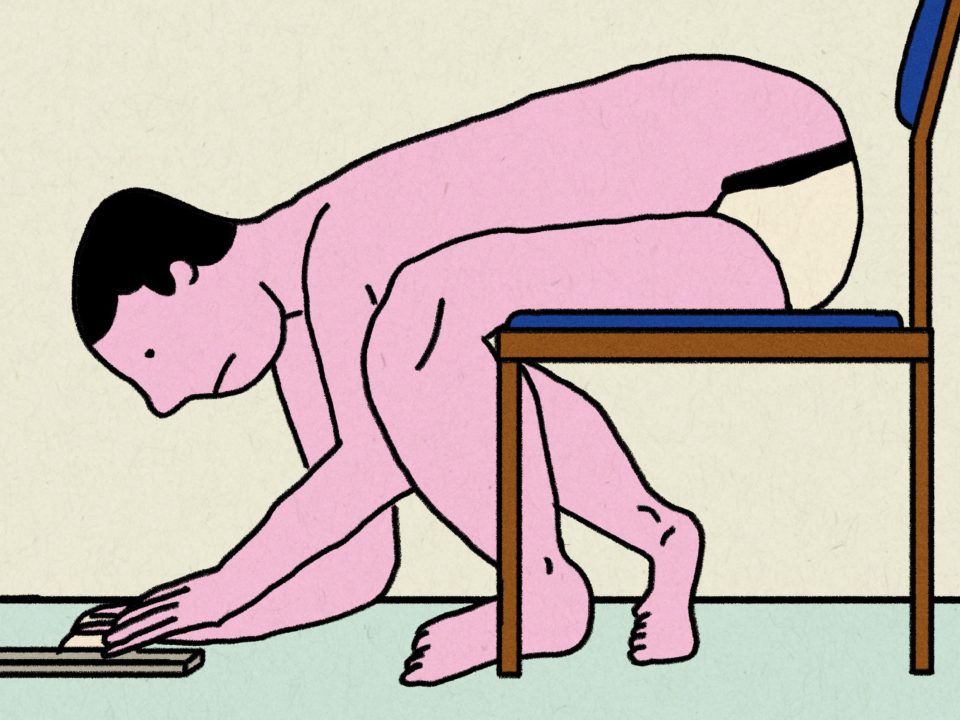Sleep & Health: Restful and Restorative Sleep: Part 1 of 3
Sleep is a Crucial Pillar of Success!
Sleep hygiene – Habits and Practices for a Healthy Sleep
Sleep is supposed to be easy. We literally have to do nothing but lie down and close our eyes and yet 20-40% of people will experience insomnia this year. Lack of sleep increases the likelihood of chronic diseases including hypertension, diabetes, depression, cancer and obesity, as well as increasing mortality, and reducing the quality of life and productivity. For athletes and those who exercise, sleep is vital for recovery. Without enough quality sleep, all the effort in the gym, money spent on supplements and time spent weighing chicken breasts is wasted. Sleep is something we’ve been doing our whole lives, it comes naturally to us and, therefore, most have never been taught “how” to sleep. Sleep hygiene is a term used to describe habits and practices that are conducive to sleeping well on a regular basis. I’ve organized a plethora of sleep hygiene topics into 9 general categories you can incorporate into your daily routines to foster a good night’s sleep. To give you a chance to incorporate them slowly, I’ve broken this article into three parts to be released throughout January. Sweet Dreams.
Make it a Routine
We are creatures of habit. Inconsistency can wreak havoc on our health when it comes to how and when we prepare for sleep. Our circadian rhythm, an internal clock that determines our sleeping pattern, is governed by a number of different hormones that can be influenced by our actions during the day. By hitting the sack and waking up at a consistent time each day, our body is able to regulate these hormones and prepare our body more efficiently for a good night’s sleep. Had a late night? It’s better long-term to wake up at your regular time and make up for it the following night.
In addition to sleep and wake times, our circadian rhythm and its associated hormones are also sensitive to our activities leading up to sleep. Simple routines like brushing our teeth or having a bath can tell our bodies to start preparing for sleep when consistently done before bed. As well, the rise and fall of temperature with bathing encourage the natural temperature drop we experience when sleeping. To take further advantage of our body’s affinity for habits and ease the transition from wake time to sleeping, we can start practicing a regular relaxing bedtime ritual such as breathing exercising, mindfulness or meditation. These can help bring down our sympathetic tone(the “fight or flight” excitatory division of our autonomic nervous system) and limit the secretion of the stress hormone cortisol, which increases alertness. If you tend to have an active mind and take your problems to bed, try writing them down and leaving them in another room before you start your nightly winding down routine.
Use Light to Your Advantage
Our circadian rhythm and the hormones that govern it are extremely sensitive to light exposure in ways that can affect our sleep both positively and negatively. Increasing light exposure during the day helps our body regulate the natural balance of hormones like melatonin, cortisol, and adenosine. By taking breaks from life indoors to venture out into the sun, we encourage the natural rise and fall of these hormones to promote peaks at the most opportune times. Inversely, too much artificial light in the evenings and bright phone and computer use before bed can negatively affect the same delicate hormone ratios. This tricks our body’s into thinking it’s still time to be awake and ready for action. Studies have found that the bright blue tones in our phones and computers have the most negative effect on our melatonin and cortisol levels by stimulating our pituitary gland (the connection between our nervous and endocrine systems that governs many of our hormones) into a more excited state.
Avoiding screen use 30 minutes before bed is your best option to boost natural melatonin(a sleep-promoting hormone) levels. If you have no other choice than to set your phone alarm or check your e-mail immediately before your head hits the pillow, then try an app like “Twilight” that significantly dims the screen and also shifts the screen color to the red end of the spectrum to limit the impact on the pituitary gland.
Get Out of Bed
Bear with me. We can foster our sleep routine by avoiding spending time on the bed or in the bedroom for reasons other than sleep and intimate activities. Netflix binges and last minute work proposals should all be done outside of the bedroom. Keeping TV’s, computers and work materials out of the room will help strengthen the mental association between your bedroom and sleep and not other activities. By developing the bedroom into a fortress of solitude for sleep we can program our bodies to start preparing for bed just by walking into the bedroom.
Another time to avoid the bed is when you’ve woken up in the middle of the night with a racing mind and are having trouble falling back to sleep. It may sound counterintuitive, but the pressure and concentration we use to force ourselves back to sleep may actually be keeping you awake. If after 20 minutes you’re not asleep, get out of bed, go to another room, and do something relaxing until you are tired enough to sleep. Make sure not to turn on any bright lights, the TV or computers during these times Read by candlelight, grab a glass of water, listen to relaxing music or just sit in a chair in the middle of a dark room like a horror movie villain. Whatever you choose to do, just get out of bed so your body doesn’t associate worrying and being stressed out with being in bed. Do your mind racing elsewhere until you are sleepy, then return to bed. It’s ok for this to happen multiple times during the night, don’t stress about it and try to maintain your regular wake time.
No napping either, sorry. Many people struggling with sleep quality take naps in an attempt to make up for lost sleep. Although short naps have been shown to boost awareness throughout the day, prolonged afternoon naps may be one of the culprits for those having difficulty falling asleep or staying asleep at night. Because late-day naps decrease sleep drive, it’s better to keep them shorter than 45 minutes and before 5 p.m.
Make An Appointment!
Quick Booking With The Jane App





